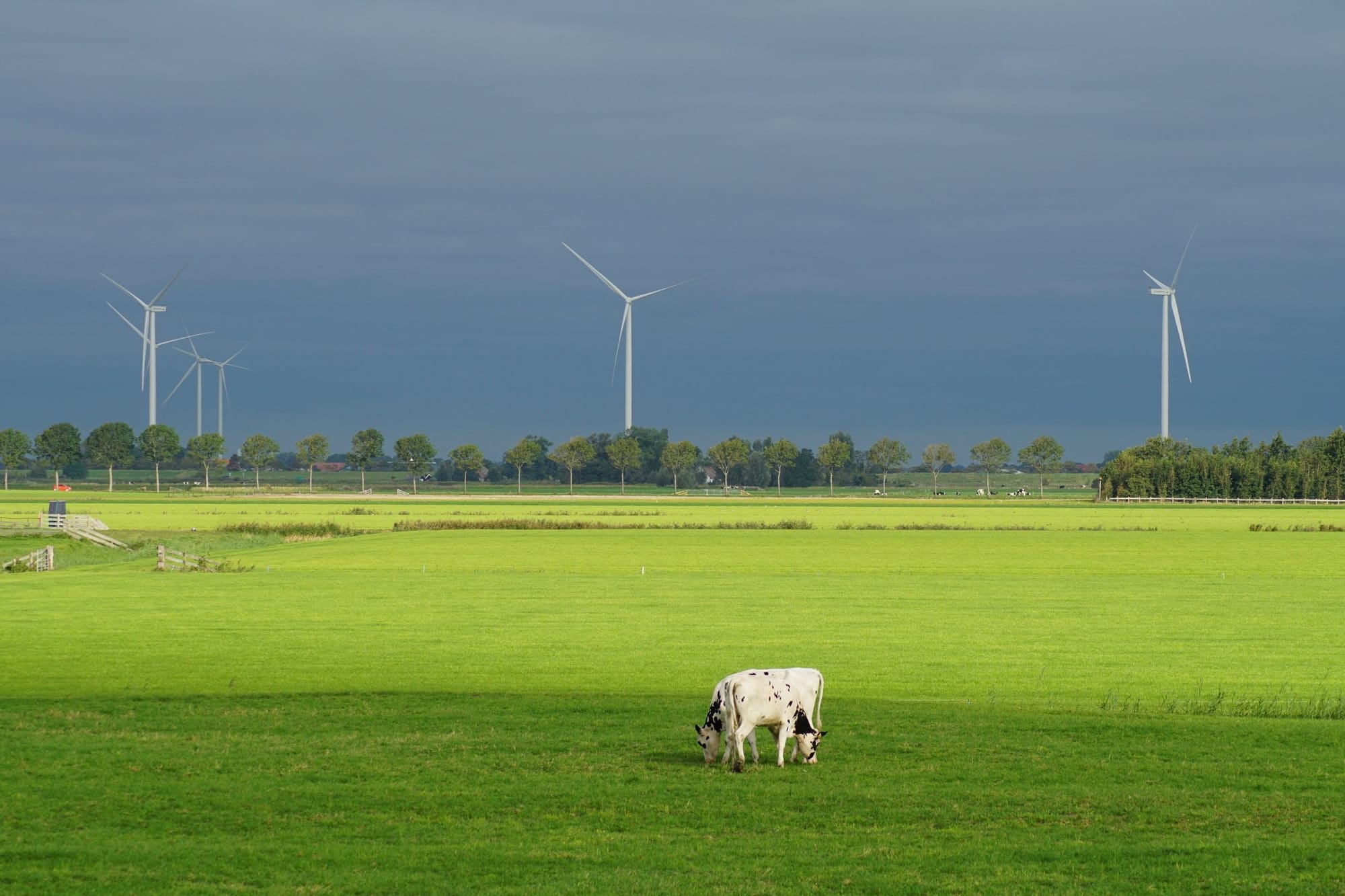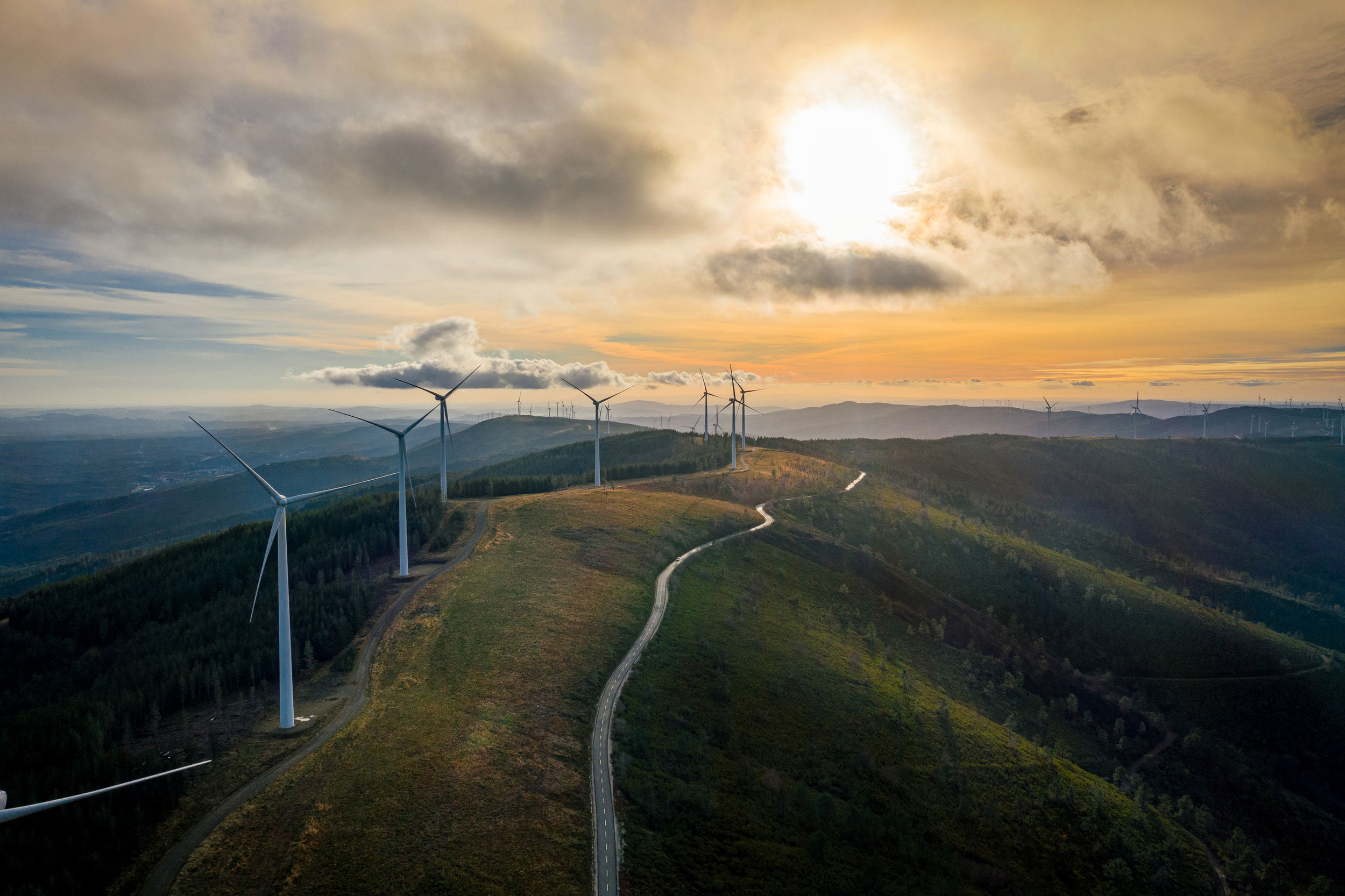
In a bold move towards sustainable energy and rural income support, the government (and/or private sector) has announced that biogas plants will begin procuring cow dung worth ₹15 lakh per day. The initiative aims not only to bolster green energy production but also to create a steady revenue stream for dairy farmers and cattle rearers across the region.
The schemes plan to collect cow dung from thousands of farmers and gaushalas (cow shelters) daily, pooling large quantities to feed anaerobic digesters in several biogas plants.
- Value Chain: Cow dung will be transported, digested to produce biogas (and possibly bio-CNG), while the leftover slurry will be used as bio-fertilizer.
- Pricing & Payments: Farmers will receive fair compensation for their dung, bridging the gap between livestock rearing and energy markets.
- Energy Output: The biogas generated will be used for power generation, cooking fuel, CNG replacements, or industrial energy needs—reducing dependency on fossil fuels.
Green Impact: Biogas plants help reduce greenhouse gas emissions, especially methane which is potent if released untreated. Converting dung into energy mitigates environmental pollution.
Farmer Income Boost: For many small-scale livestock owners, selling cow dung will become a reliable source of daily income, alleviating economic stress.
Energy Security: Bio-gas and bio-CNG produced locally can reduce reliance on imported fuels and stabilize local supply.
Circular Economy: The project promotes reuse (of waste), sustainable energy, and agricultural improvement (through bio-fertilizers).
Logistics: Collecting, transporting, processing large volumes of cow dung daily require strong infrastructure and coordination.
Quality Control: Ensuring the dung is fresh and uncontaminated (no plastics etc.), and that the digestion process is efficient.
Capital & Technology Investment: Biogas plants need investment, skilled technical oversight, and maintenance.
Regulations & Support: Success will depend on government policies, subsidies, environmental clearances, and support systems.
By turning cow dung into energy and income, this ₹15 lakh‑a‑day initiative could become a landmark move in India’s green transition, benefitting farmers, the environment, and energy security together.



